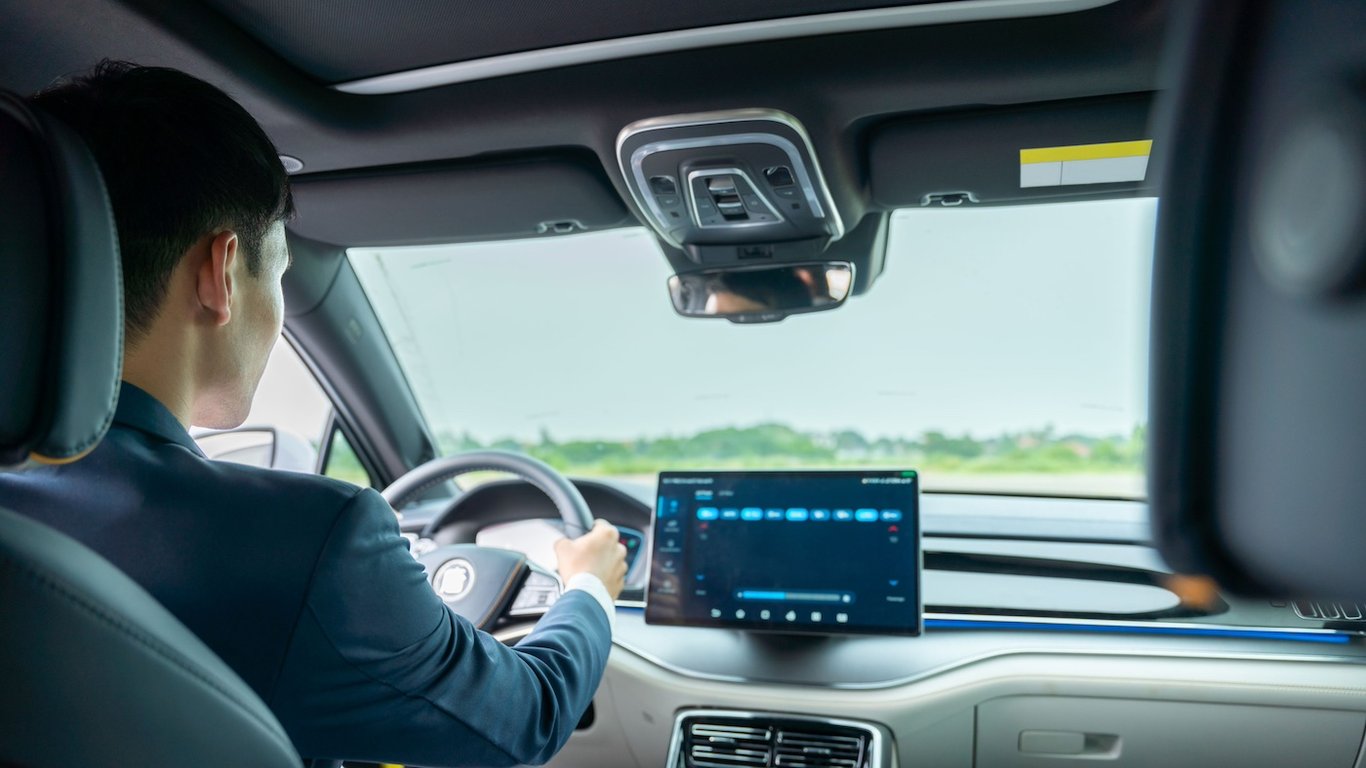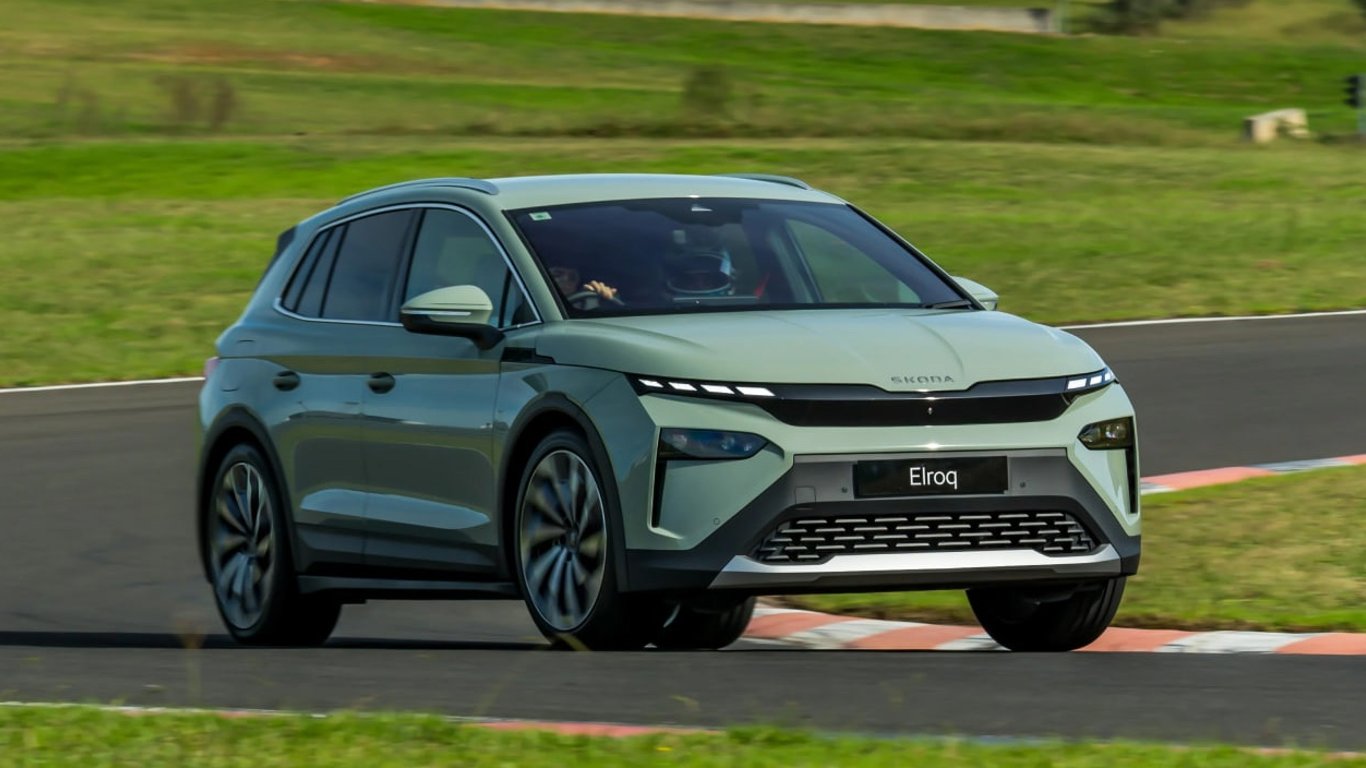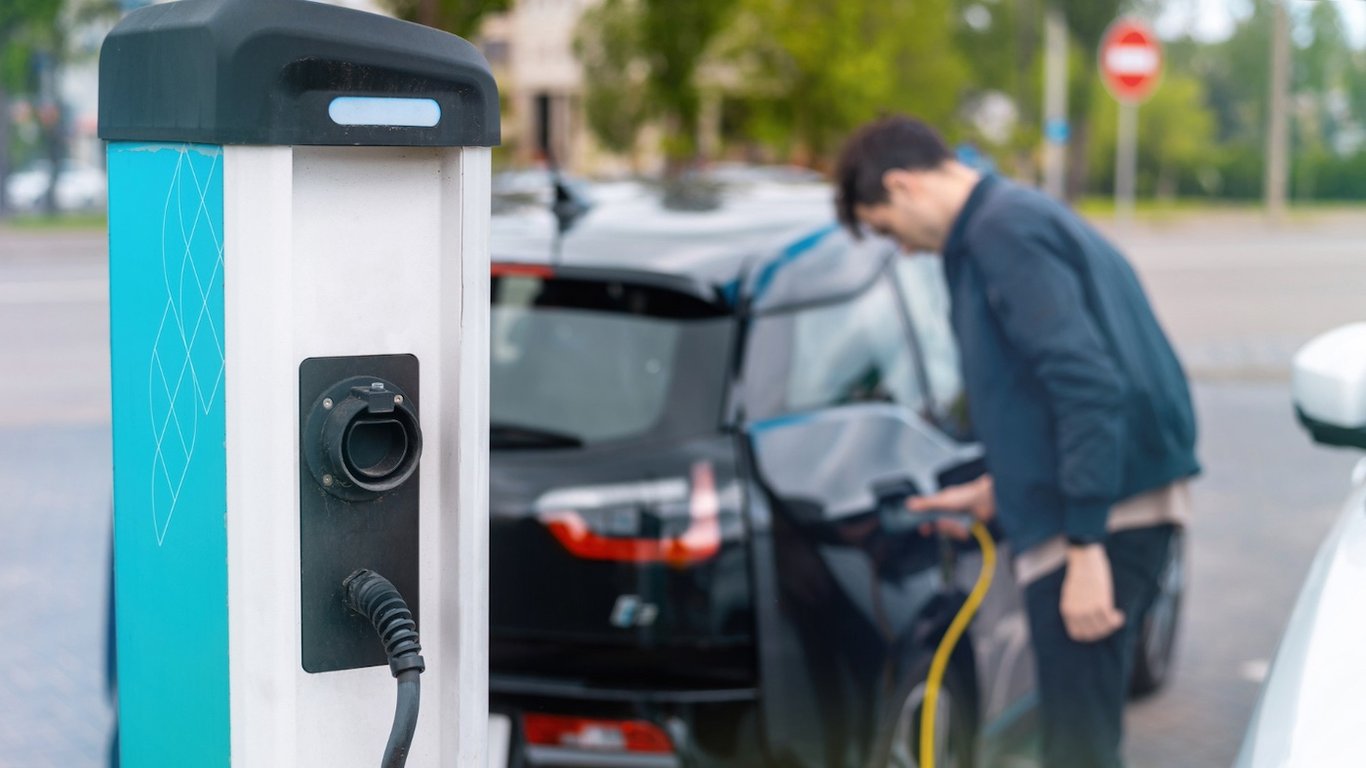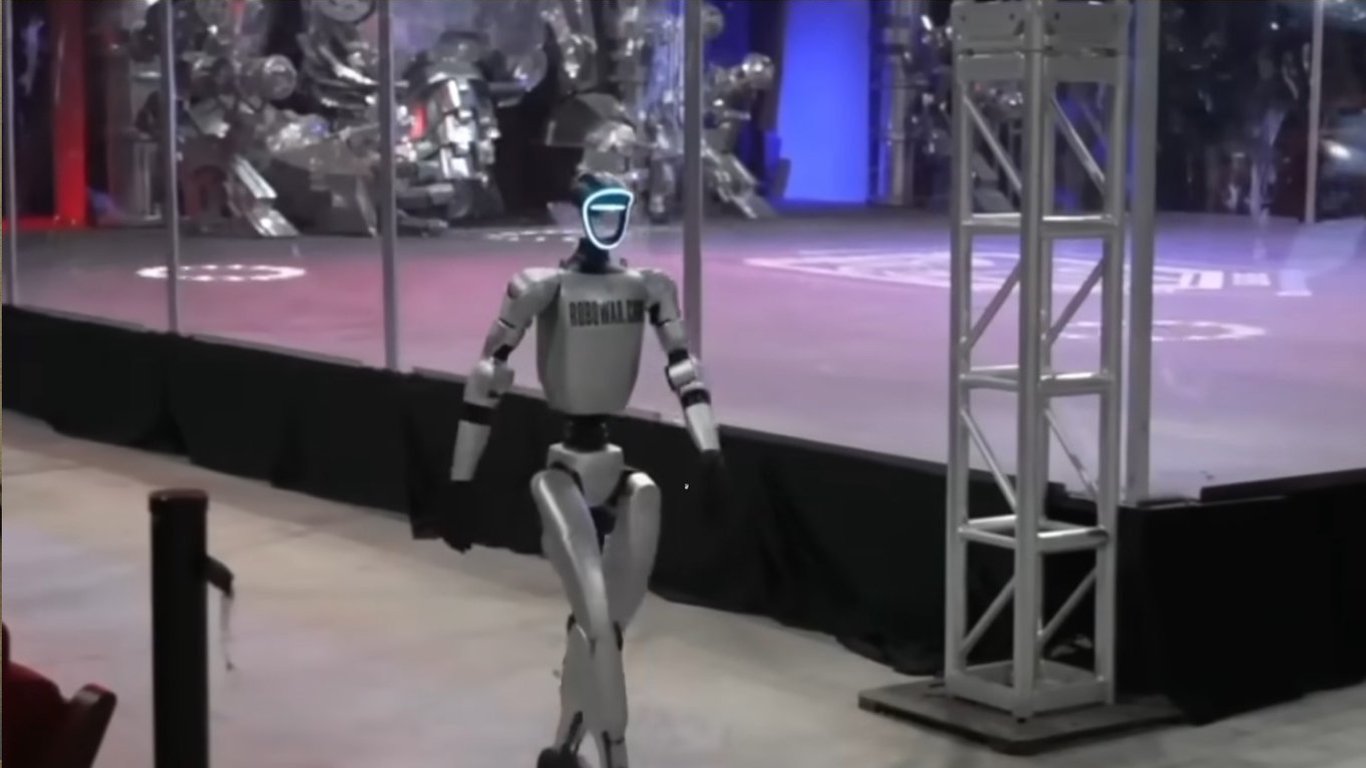Why drivers feel nauseous in electric cars and what to do about it.
today, 06:00
306

Journalist
Shostal Oleksandr
today, 06:00
306

According to information from , drivers who usually do not feel nauseous during trips in internal combustion engine vehicles can experience motion sickness while driving an electric car.
Scientists from Nagoya University in Japan believe that the problem lies in regenerative braking, which creates low-frequency vibrations and irregular delays. The brain cannot process them correctly, leading to feelings of nausea.
How to help the driver
Scientists recommend producing a sound at a frequency of 100 Hz for one minute to reduce nausea during electric car trips. This sound stimulates the organs responsible for detecting acceleration and gravitational forces. The effect becomes noticeable over a long period and improves the driver's balance.
Currently, scientists are collaborating with Denso to integrate this method into modern infotainment systems of electric vehicles.
Some drivers may experience nausea when driving an electric vehicle due to low-frequency vibrations created by regenerative braking. Japanese scientists have proposed a method involving sound reproduction to alleviate this unpleasant sensation and improve the driver’s balance.Read also
- The electric crossover has been recognized as the Car of the Year
- Revolution in Chemistry — Scientists Have Invented a New Method for Producing Ammonia
- 6 settings to enhance images on Samsung televisions
- Does fast charging harm electric vehicles?
- UFC introduced a battle android to the streets - live show in Detroit
- Monolith Extraction Without Machinery - What Is Known About Egyptian Technology









